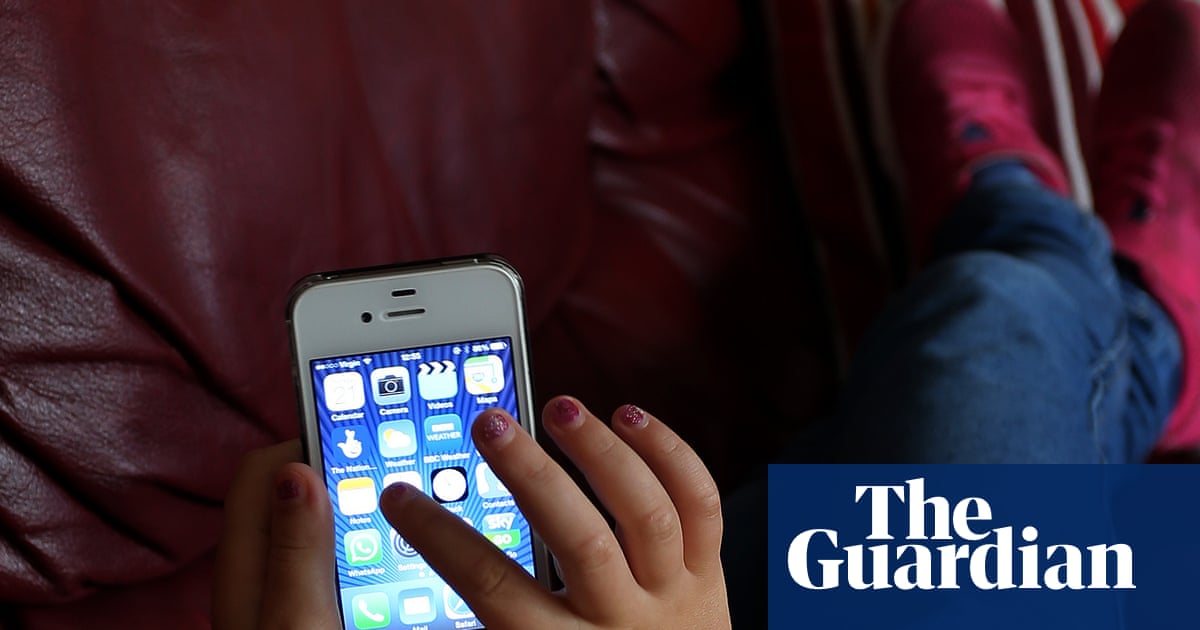Australians using a range of social media platforms including Facebook, Instagram, YouTube, Snapchat and X will need to have their age checked to ensure they are 16 or older when the social media ban comes into effect from early December.
From 10 December, new laws will apply to platforms that meet the government’s definition of an “age-restricted social media platform”, which has the sole or significant purpose of enabling social interaction with two or more users, and which allows users to post material on the service.
The government has not specified by name any platforms that will be included in the ban, meaning any site that meets the above definition could be included except if they meet the exemptions released on Wednesday.
The prime minister, Anthony Albanese, has said that the covered platforms include – but are not limited to – Facebook, Instagram, X, Snapchat, and YouTube.
The communications minister, Anika Wells, said these platforms would be expected to take reasonable steps to deactivate accounts for users under 16, prevent children registering new accounts, check ages, and also prevent workarounds to bypass the restrictions.
What are the exemptions?
The government said platforms would be exempt if they had the primary purpose of:
-
Messaging, emailing, voice calling or video calling
-
Playing online games
-
Sharing information about products or services
-
Professional networking or professional development
-
Education
-
Health
-
Communication between educational institutions and students or their families
-
Facilitating communication between providers of healthcare and people using those providers’ services
It will be up to the eSafety commissioner to determine which platforms meet the criteria for an exemption.
In practice, this means that LinkedIn, WhatsApp, Roblox, and Coursera would likely be exempt if assessed to meet the criteria. LinkedIn had previously argued to the government it was not of interest to children.
In theory, it could also mean YouTube Kids could be exempt from the ban if it meets the criteria for an exemption, given it does not allow comments on videos. But the government has not confirmed this, and YouTube has not commented on whether it would seek an exemption for its service designed for children.
What about other platforms?
Platforms that have not been named by the government but do not meet the exemption criteria will also need to consider whether they need to bring in age assurance by December. This would include services such as Bluesky, Donald Trump’s Truth Social platform, Discord and Twitch.
How will tech companies check that users are over 16?
A common misconception about the social media ban is that it will only apply to children. In order to ensure teenagers remain off social media, the platforms will need to check the ages of all user accounts in Australia.
How they will do that is not prescribed, but it will be informed by the outcome of the age assurance technology trial, the full report of which is due in August.
The government has legislated that although ID checks can be one form of age assurance, it can’t be the only one accepted.
It is expected Australia will follow a similar path for age assurance that launched in the UK in July, which includes options such as:
-
Allowing banks and mobile providers to confirm a user is over 18
-
Asking site users to upload a photo that is then matched with photo ID
-
Use of facial age estimation technology
In addition to that, platforms could infer user ages based on account behaviour or age. For example, if you signed up for Facebook in 2009, you would be over 16 by now. YouTube has also flagged it will use artificial intelligence to determine user ages.
Won’t kids find ways around it?
Albanese has compared the social media ban to alcohol restrictions, and said there will no doubt be children who manage to get around the ban, but he argued it was still worth doing.
In the UK, where age verification was brought in this week for accessing pornography websites, there has been a surge in people using virtual private networks (VPNs), which hide a user’s real location, enabling access to blocked websites.
Four of the top five free apps on the Apple app store in the UK on Thursday were VPN apps, with Proton, the most popular, reporting a 1,800% increase in downloads.
The Australian government has said it expects the platforms will implement “reasonable steps” to account for how teens may seek to avoid the ban.
What happens if sites don’t comply with the ban?
Platforms that do not take what the eSafety commissioner determines to be “reasonable steps” to keep kids off their service can face a fine of up to $49.5m that will be determined in the federal court.
What “reasonable steps” means will be up to the commissioner to determine. When asked on Wednesday, Wells said: “I think reasonable steps is reasonable.
“These are meant to be working rules, and they also need to sort of correct any errors as they arise. Because these are not set-and-forget rules, these are set-and-support rules. They are world-leading. But this is manifestly too important for us not to have a crack.”








